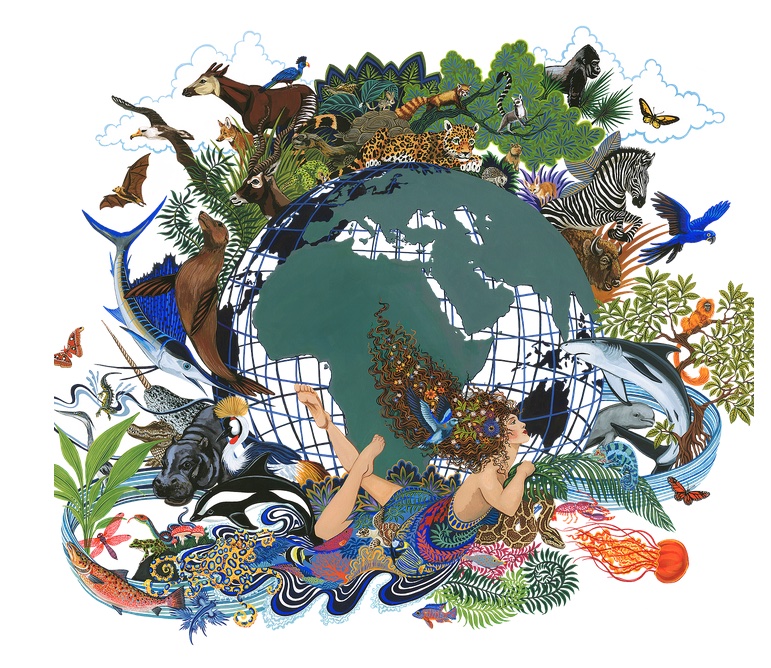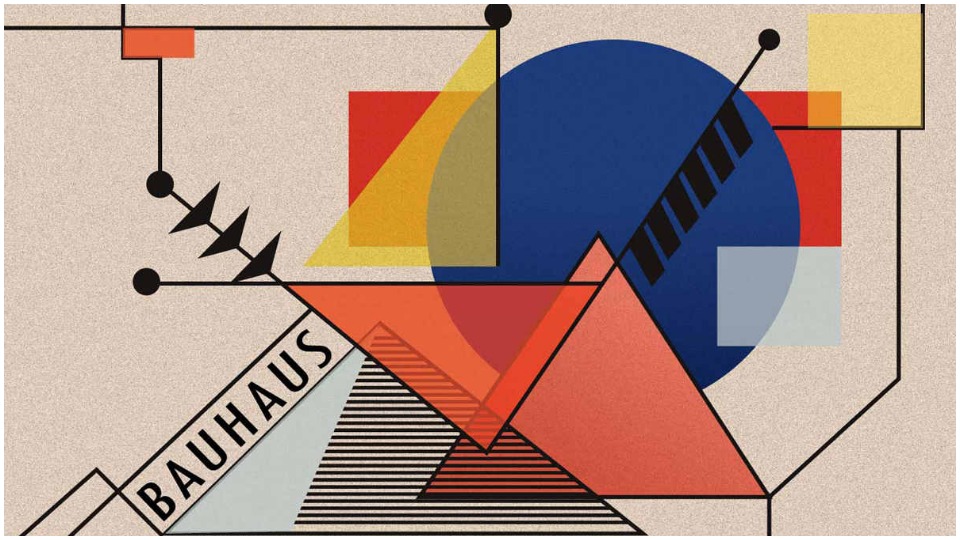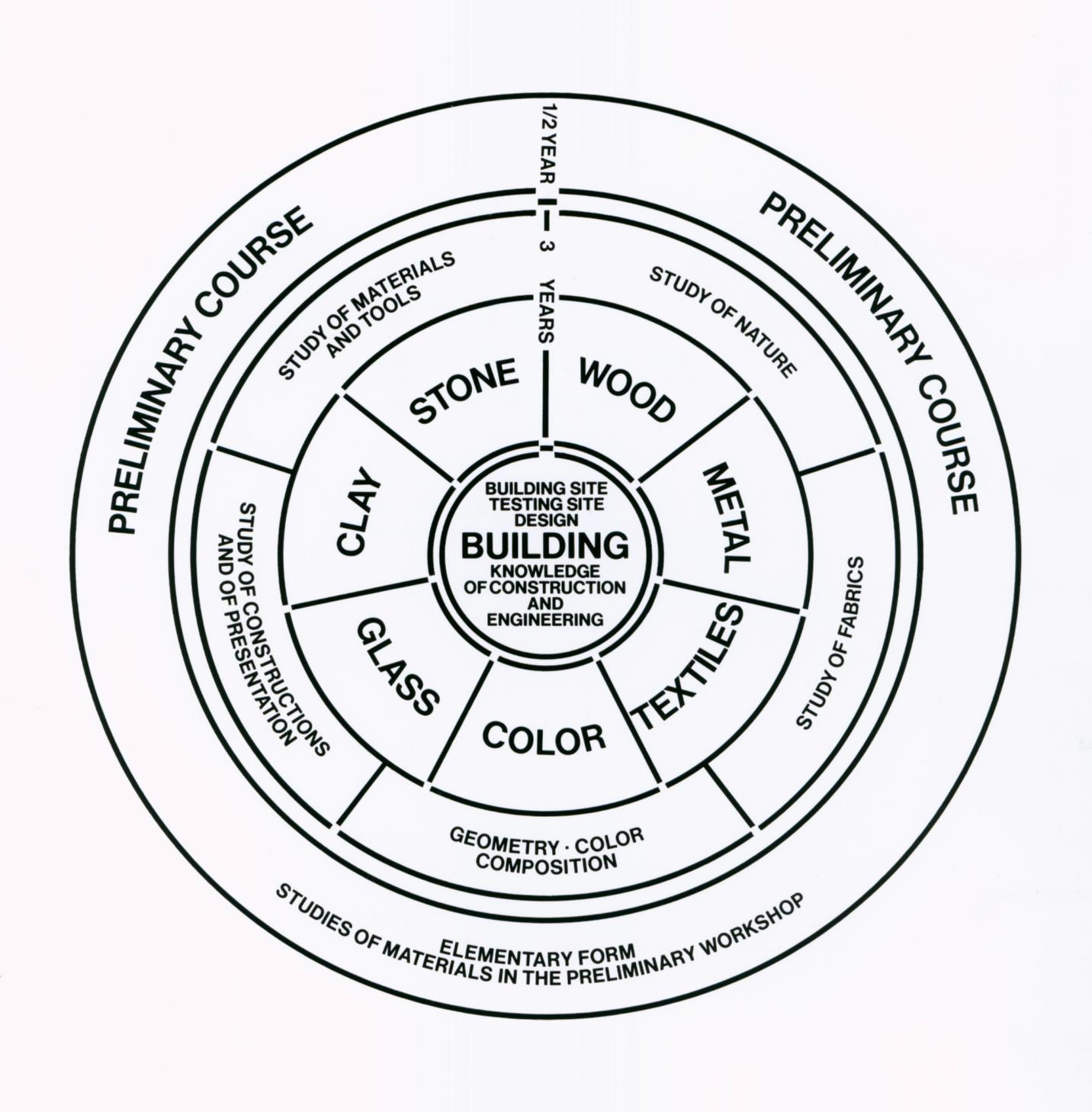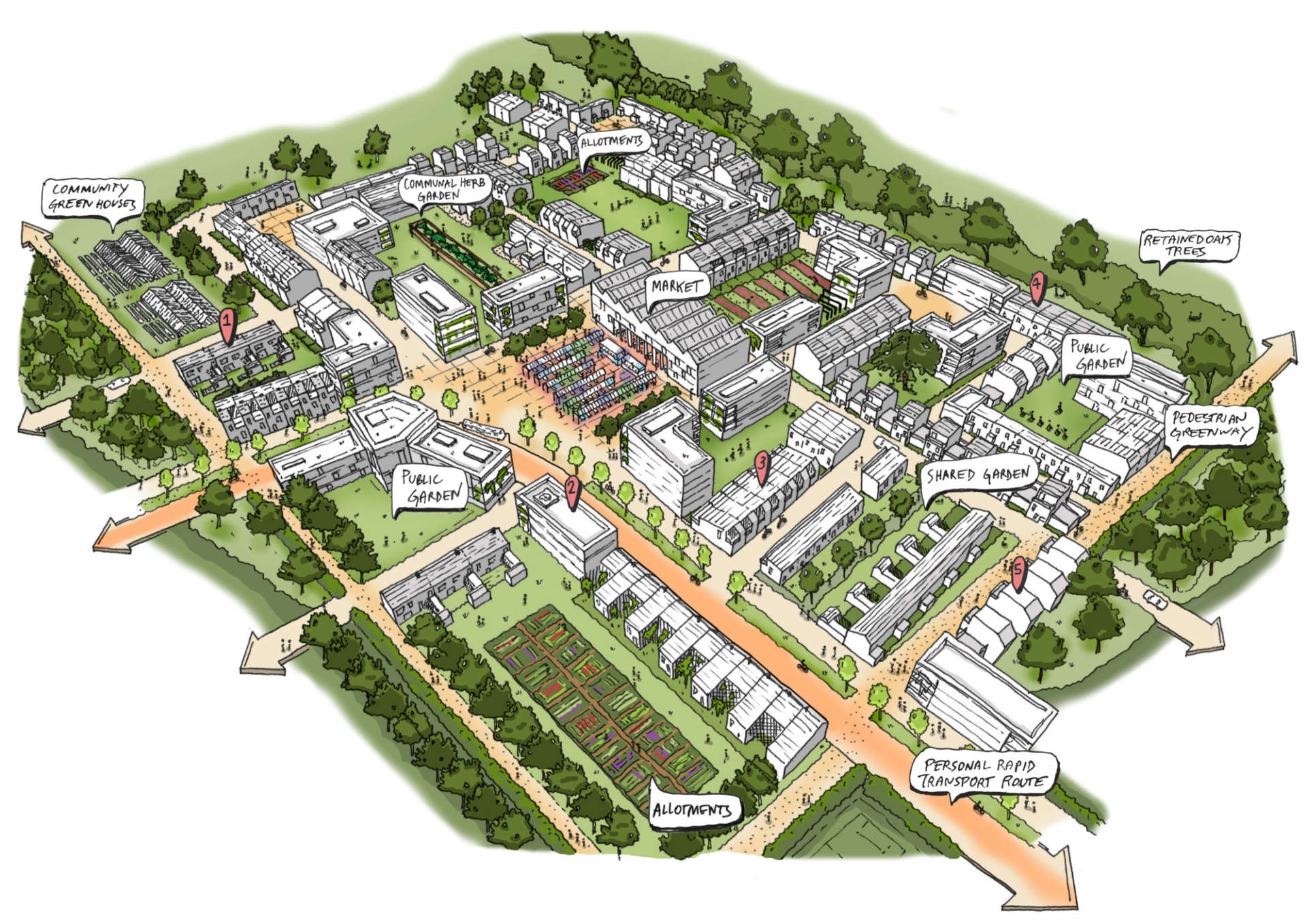An incident happened over forty years ago that is still fresh in my mind and is a reminder of the impact that we have on our environment.
Back then, I was renting a room in a friend’s home until I could find a permanent place to stay. At the end of the working day we usually visited one of the many fine pubs in the Kent town of Faversham. Returning home in the quiet of a summer’s evening, the only sound that could be heard was the rattling of an articulated lorry in the distance. Suddenly, my friend, who had never shown any athletic prowess other than lifting heavy pints of beer, shot off into the middle of the road and scooped up something in his hands. He quickly jumped back onto the pavement just as the lorry thundered past. In his hands was a small hedgehog. After catching our breath, we found a hedge and carefully placed the hedgehog with its nose pointing towards the fields.
Since the incident, the number of hedgehogs that I have seen can be counted on one hand and none in last fifteen to twenty years. Statistics confirm that there has been an 80% decline in hedgehogs since the 1950s. This is attributed to the intensification of agriculture through the loss of hedgerows and permanent grasslands, increased field sizes, and the use of pesticides which reduce the amount of prey available.
The decline of the hedgehog is one amongst many species that are under threat of extinction from the way that we live. 41% of UK species have declined since 1970s and fish stocks are continuing to fall as oceans warm. As Sir David Attenborough tirelessly points out, we are only one of a multitude of species from an ecosystem that contributes to life on this planet. If one species in this case us, dominates others, then our future will eventually be threatened. A clear example of the threat to our existence is the decline of the bee which has been affected by intensive farming, climate change and pesticides and is best summarised in the quote loosely attributed to Einstein “If the bee disappeared off the surface of the globe then man would only have four years of life left.”
Governments around the world are scrambling to implement policies that will reduce Greenhouse Gases in an attempt to reduce the impact of the Climate Crisis. Digging into some of the policies it is difficult to get a clear statement on how they will improve biodiversity. In the USA the much lauded Green New Deal mentions “nature” but the policy’s emphasis is on how changes in economic activity will reduce green house gases. In the European Green Deal, biodiversity gets a stronger mention, but its main emphasis is still on the changes in economic activity to reduce green house gases. In the UK there is a biodiversity strategy Biodiversity 2020: A strategy for England’s wildlife and ecosystem services which has the ambition to guide England’s conservation effort during the next ten years. But it is a strategy rather than a legal requirement and therefore its effectiveness is questionable. In general, most governments have species protection policies in place but this is a rear guard action rather than being proactive in restoring biodiversity. In the case of the hedgehog, the UK government recently rejected a petition to make them a protected species. In amongst the many pages of policies from many different governments I couldn’t translate their aims into clear actions that would improve the outlook either for the hedgehog, or any other species.
In Sir David Attenborough’s opening essay of the Living Planet Report 2020 he argues that we are entering the “The Anthropocene - the Age when humans dominated the earth. The age when innumerable natural connections were broken”. If this is the case then government at all levels: international, national and local need to give more emphasis to biodiversity in all of their policies to ensure that we fulfil our obligations as stewards of the environment. We need policies that:
-
Encourage and promote the enthusiasm of the different groups and organisations working to save or re-introduce different species. In the case of the hedgehog there are a number of groups such as the British Hedgehog Preservation Society, but they all face an uphill challenging trying to get their case heard.
-
Provide incentives for any economic activity that improves biodiversity. The UK’s The Environmental Land Management scheme: public money for public goods is a start but there needs to be a stronger emphasis on biodiversity. In the UK there are encouraging signs with the 2020 Environment Bill which will put into law environmental protections and recovery. Unfortunately, the hedgehog was added at a late stage in its development whereas it should have been, along with other threatened species, at the top of its agenda!
-
Increase the research into how biodiversity can help with Climate Crisis. There are encouraging signs with re-establishing Beavers, that is showing that they can improve flood control by slowing rivers and altering the environment to encourage different animals and plants.
Sir David Attenborough and I will not see the Anthropocence phase on the planet but I hope that like the hedgehog, we scoop up the rest of the species, ahead of the work to tackle the Climate Crisis and return them to their rightful place as part of a living planet before it is to late!






